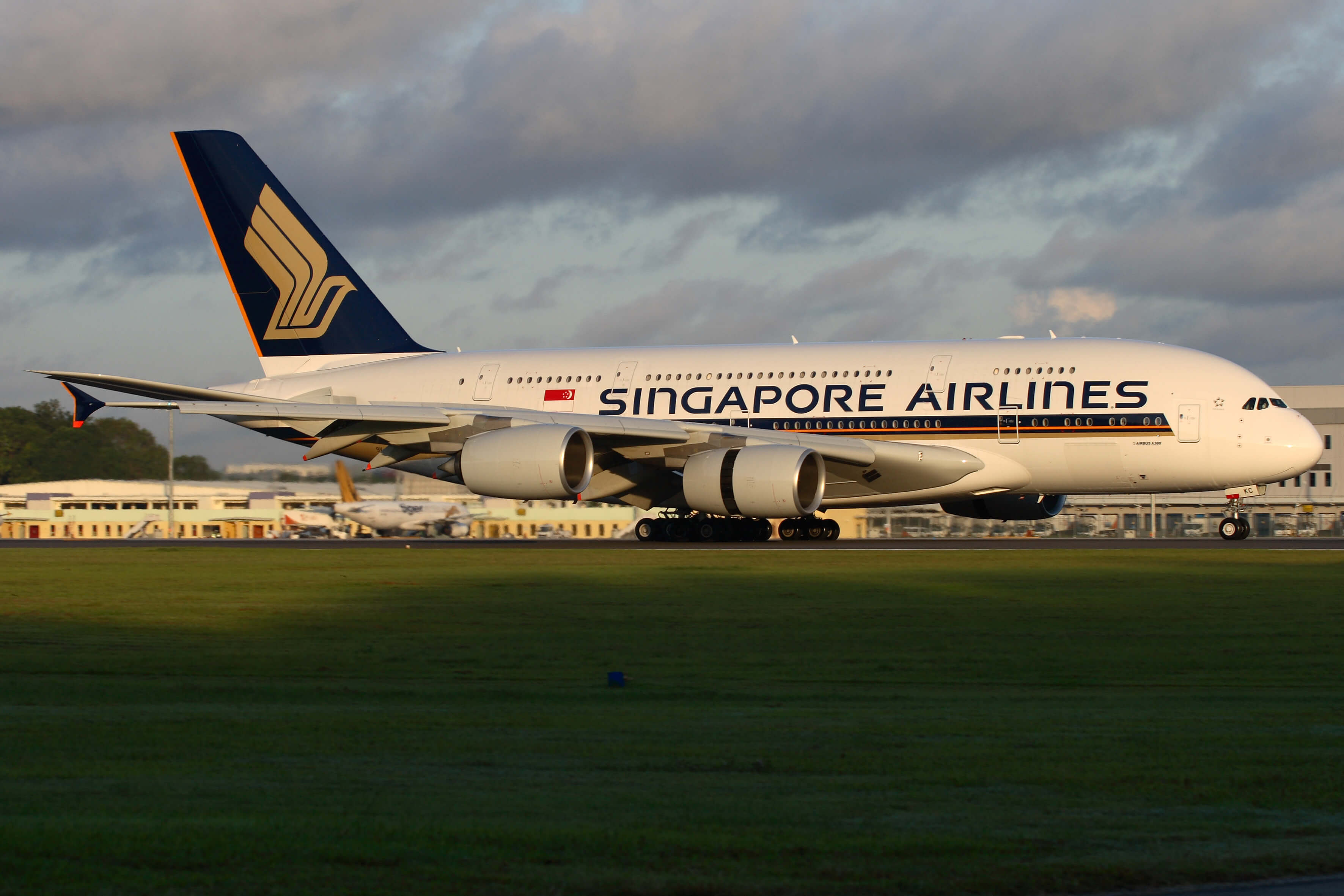The recent dramatic fall in oil prices saw Singapore Airlines record a $710 million mark-to-market loss on its fuel hedging programme in the first quarter, a figure just shy of the carrier’s net fuel bill of $1,080 billion and with further losses predicted for the second quarter at least.
Collapsing demand due to COVID 19, and Saudi Arabia ramping up production as part of a price war, saw US oil prices turn negative on April on 20 when the West Texas Intermediate benchmark hit an all-time low of minus $37.63 a barrel. Brent remained positive at $26 dollars on the same day, but this was still way below the $60 level at which carriers would have hedged their 2020 exposures causing major losses.
Because Singapore had grounded all but 10 of its 200 strong fleet due to COVID 19 it was over-hedged with its expected fuel consumption much higher than the amount the carrier actually used . The first quarter loss of $710 million compares to a $8 million profit in the fourth quarter of 2019.
Singapore said that it had entered the fourth quarter on the “back of a strong performance” in its first nine months after “robust passenger traffic” and “extensive initiatives” undertaken as part of its transformation programme, but fears about the spread of Covid-19 and border control measures in February this year led to a collapse in travel demand.
The steep drop in passenger traffic in the fourth quarter resulted in a S$894 million plunge in revenue, a decline of 22 per cent from the same period last year. This led to the Group cutting 96 per cent of its flying capacity from April to June 2020.
“The prospects for a recovery in international air travel in the months ahead depend upon when border controls and travel restrictions ease,” said Singapore in a statement,
It also said “there is no visibility on the timing or trajectory of the recovery [but ] there are a few signs of an abatement” in COVID 19.
Singapore said it is “exploring other sources of funding, including financing and sale-and-leaseback transactions” to help boost liquidity.
While passenger demand is at an all-time low, the airline said freight demand is robust and would sustain cargo revenues for the near term.

